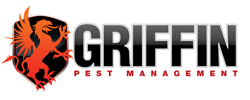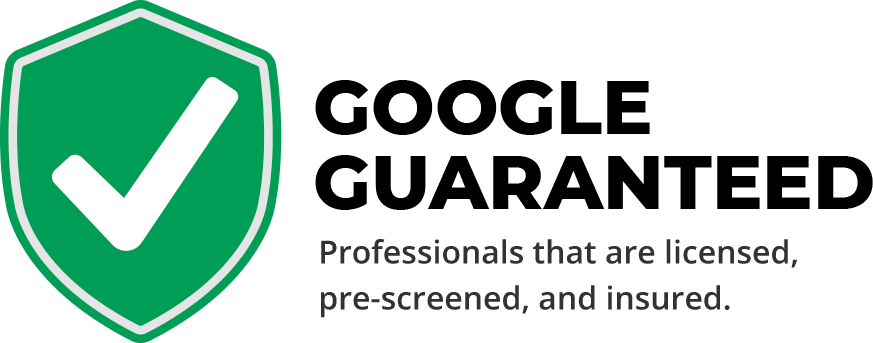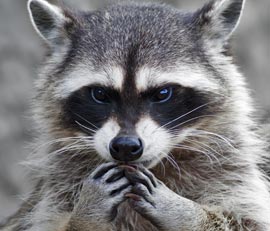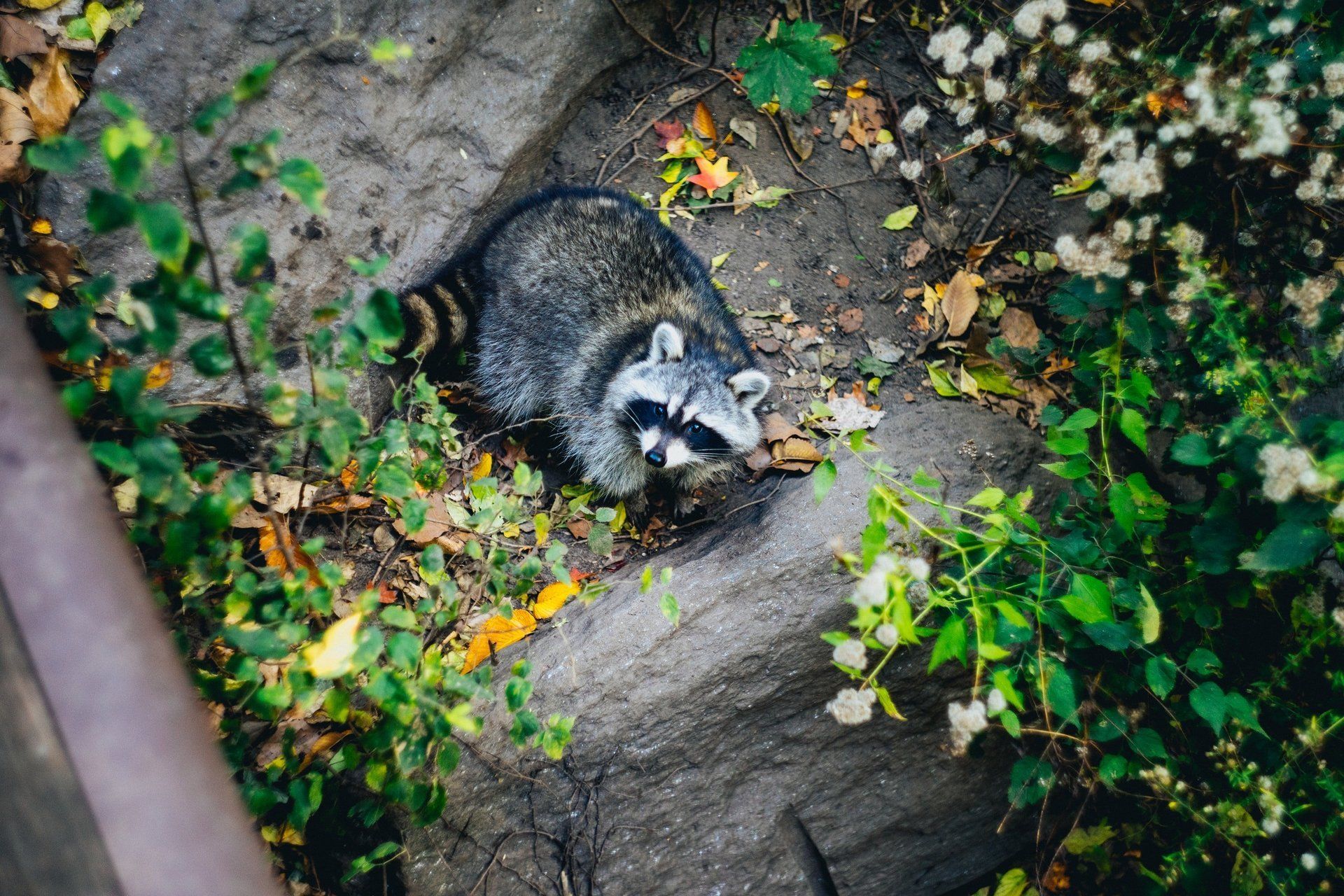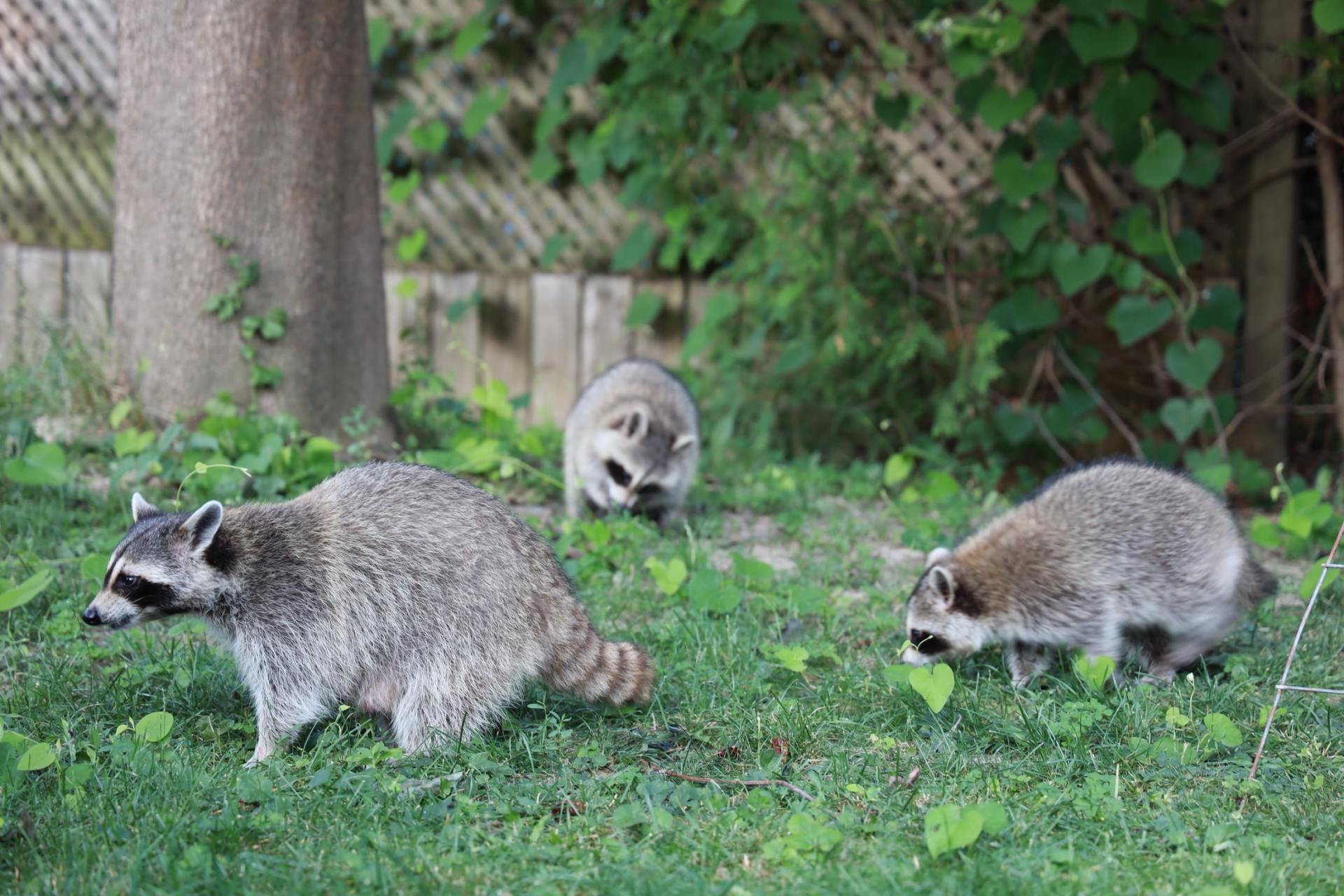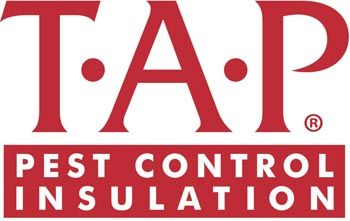Raccoon Pest Control
Why Do I Have Raccoons?
Raccoon Prevention
Immediate Raccoon Control
Raccoons Are Destructive
Raccoons Are Dangerous
Raccoon Removal & Exclusion
TAP Insulation Replacement
Quick Facts About Raccoons
Habits
Raccoons are nocturnal scavengers that set up nests near sources of food and water. They feed on insects, garbage, pet food and vegetation. Raccoons mark their territory by urinating and defecating near the nest and will become very aggressive if their area is threatened.
Habitat
Raccoons prefer to build their nests in dark, secure areas like attics, sheds, under decks, garages, wall and crawl spaces. If they take up residence in an attic or crawl space, they will shred insulation and create a mess while building their nests.
Threats
Raccoons are susceptible to rabies and should be avoided by humans and pets. They are also very strong and easily agitated, even without rabies. Raccoons also spread diseases and other pests like fleas and bed bugs. Their droppings are also a health hazard. Never try to trap and remove a raccoon yourself. The longer a raccoon has lived on your property, the harder it will be to control the problem. If raccoons have claimed your property as their own, call a professional immediately.
Prevention
Raccoons are drawn to unsealed food sources. Your wildlife specialist will help you identify entry locations and possible raccoon attractants.
